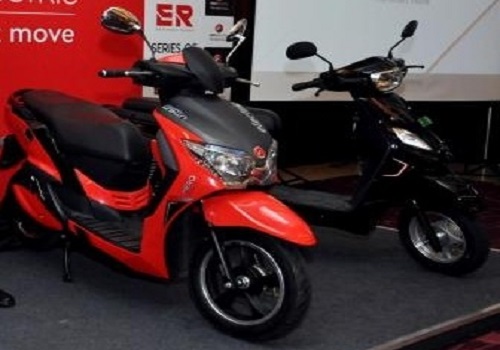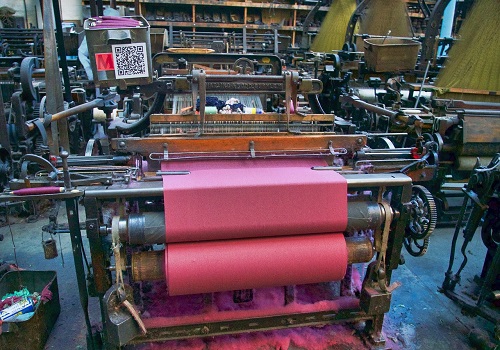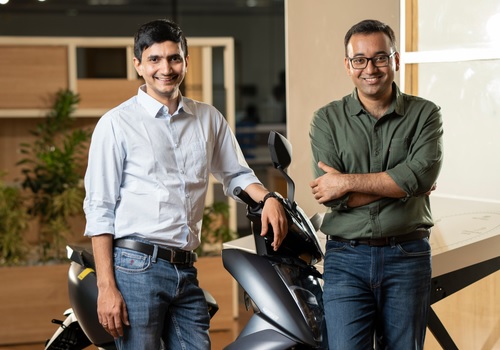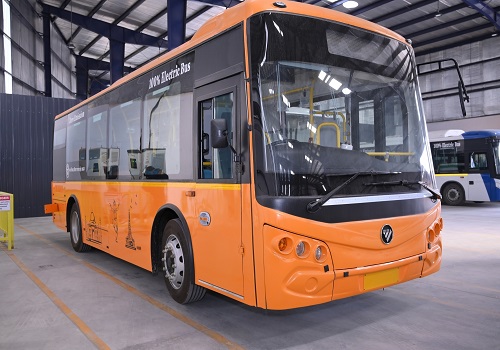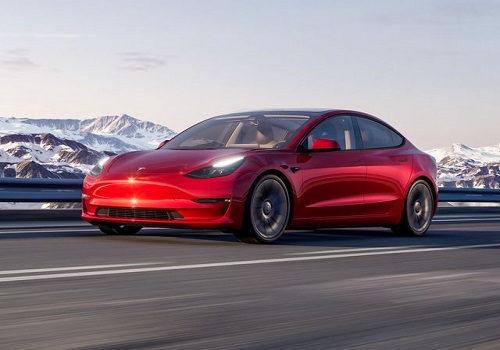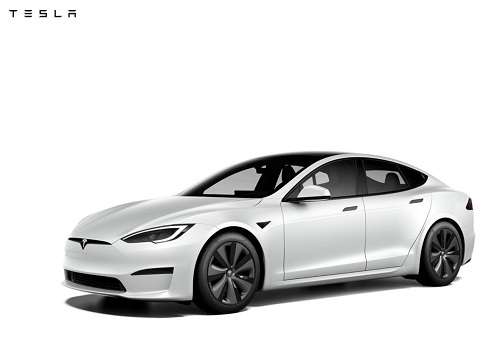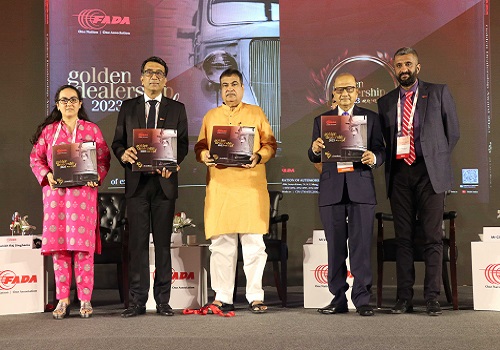Yogi Adityanath Government announces incentives for Electric Vehicles manufacturing in Uttar Pradesh
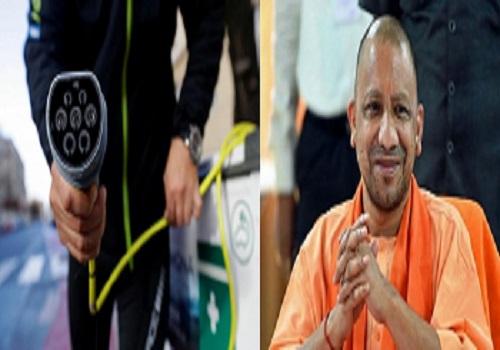
Follow us Now on Telegram ! Get daily 10 - 12 important updates on Business, Finance and Investment. Join our Telegram Channel
With the aim to promote faster adoption of environment-friendly clean mobility solutions and create a conducive ecosystem for Electric Vehicles (EVs) in Uttar Pradesh, the Yogi Adityanath government has announced a three-pronged policy for the new electric vehicle manufacturing.
The main objective of the policy is not only to create an eco-friendly transportation system in the state, but also to make Uttar Pradesh a global hub for the manufacturing of electric vehicles, batteries and associated equipment.
The policy also aims to fulfil the state's aspiration of becoming a trillion-dollar economy by leveraging its potential and opportunities in the EV industry.
In this direction, the policy provides for a three-pronged attractive incentive regime that includes benefits to consumers for purchasing EVs; to manufacturers of EV, EV batteries and related components; and to service providers developing charging/swapping facilities.
According to the official spokesman, the policy provides attractive subsidies to the buyers in order to open up the electric vehicle market in the state.
This includes 100 per cent road tax and registration fees exemption during the first three years of the effective period of the policy on all segments of electric vehicles purchased and registered in Uttar Pradesh.
The same exemption will apply in the fourth and fifth year also on all segments of EV, if the vehicle is purchased, registered as well as manufactured in Uttar Pradesh.
Also, the policy provides an attractive Purchase Subsidy Scheme with a total budget outlay of Rs 500 crore, which will be notified for a period of one year on all the segments of electric vehicles.
This includes 15 per cent subsidy on factory cost for purchasing two-wheeler EV up to maximum Rs 5,000 per vehicle subject to first 2 lakh EVs purchased; up to maximum Rs 12,000 per three-wheeler EV subject to maximum first 50,000 such EVs purchased; up to Rs 1 lakh per four-wheeler electric vehicle subject to maximum of first 25,000 EVs purchased; up to Rs 20 lakh per E-Bus (non-government) subject to maximum of first 400 such E-Buses; and 10 per cent subsidy on factory cost for purchasing E-Goods Carriers up to Rs 1,00,000 per vehicle to maximum first 1000 E-Goods Carriers purchased.
On the other hand, the government employees will be encouraged to buy EVs, for which advance will also be allowed by the state government.
Moreover, the policy provides for enabling provisions to attract big ticket investments in EV Battery and EV manufacturing.
The new policy provides capital subsidy at the rate of 3 per cent on investment subject to maximum Rs 1,000 crore per project to maximum first two Ultra Mega battery projects, investing Rs 1,500 crore or more each for setting up battery manufacturing plants in the State of minimum production capacity of 1 GwH.
MSME projects are being provided capital subsidy up to maximum Rs 5 crore per project, while large projects are being provided capital subsidy up to maximum Rs 90 crore per project.
Also, the policy provides stamp duty reimbursement to the manufacturers, which is at the rate of 100 per cent to Integrated EV Project & Ultra Mega Battery project for setting up facility anywhere in the State, and at the rate of 100 per cent in Purvanchal and Bundelkhand region, 75 per cent in Madhyanchal and Pashchimanchal (except Ghaziabad and Gautam Buddha Nagar district) and 50 per cent in Ghaziabad and Gautam Buddha Nagar district to Mega/ Large/ MSME projects.
Furthermore, incentives have been provided for setting up Centre of Excellence (CoE) by government organisations or Public Sector Undertakings or Private companies in the field of electric vehicles as grant of 50 per cent subject to maximum Rs 10 crore per project to a maximum of 5 such projects












 320-x-100_uti_gold.jpg" alt="Advertisement">
320-x-100_uti_gold.jpg" alt="Advertisement">


